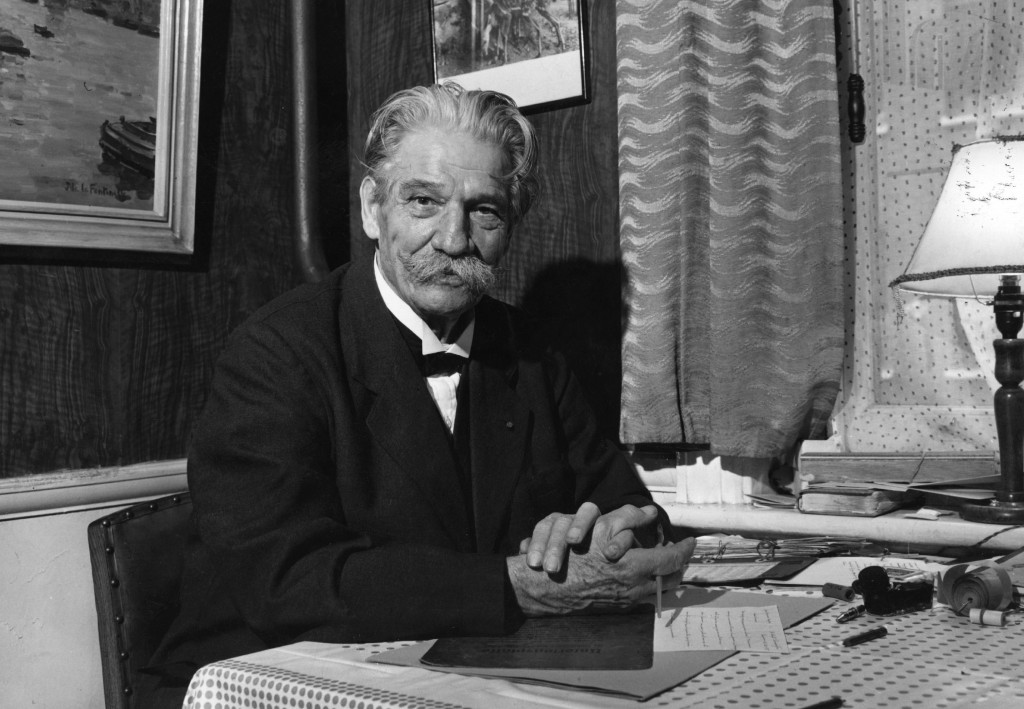Why was Albert Schweitzer Awarded the Nobel Prize for Peace in 1952?
Unveiling the Reasons Behind Schweitzer's Noble Recognition
Albert Schweitzer’s Nobel Peace Prize: A Tribute to Reverence for Life
In 1952, the Nobel Peace Prize found a worthy recipient in the form of Albert Schweitzer, a man whose life’s work epitomized compassion, dedication, and a profound commitment to humanity. The recognition bestowed upon him was a testament to his tireless efforts to alleviate suffering, bridge cultural divides, and promote a world driven by values of peace and empathy.

Reverence for Life Philosophy
At the heart of Albert Schweitzer’s endeavors was his philosophy of “Reverence for Life” (Ehrfurcht vor dem Leben). This guiding principle emphasized the inherent value of all life forms, extending compassion not only to humans but to animals and nature as well. Schweitzer believed that a fundamental respect for life was the cornerstone of ethical behavior and harmonious coexistence.
Medical Mission in Africa
One of Schweitzer’s most renowned achievements was his establishment of a hospital in Lambaréné, Gabon, in equatorial Africa. Leaving behind a comfortable life in Europe, he and his wife embarked on a mission to provide healthcare to those in need. His medical expertise was not confined to humans; he also treated animals, demonstrating his commitment to his philosophy in practice.
Bridge Builder Across Cultures
Schweitzer’s hospital in Lambaréné was a symbol of unity, where people of different backgrounds and cultures came together. His tireless efforts to provide medical care to diverse populations showcased his belief in the universality of compassion and the importance of transcending boundaries for the greater good.
Contributions to Peace
Albert Schweitzer’s contributions to peace were multifaceted. His medical mission promoted healing, his philosophy fostered understanding, and his writings and speeches advocated for peaceful coexistence. In a world emerging from the ravages of war, Schweitzer’s message of respect and care for all life resonated deeply.
Nobel Peace Prize Recognition
The Nobel Committee’s decision to award Schweitzer the Peace Prize in 1952 was a recognition of his outstanding efforts to promote a more humane and peaceful world. The Reverence for Life philosophy and his embodiment of it through his actions inspired individuals to reconsider their relationship with all forms of life.
Legacy and Inspiration
Albert Schweitzer’s Nobel Peace Prize was not just an acknowledgment of his past achievements; it was a call to continue his legacy. His belief in the interconnectedness of all living beings remains a timely reminder, urging us to live in harmony with one another and the planet we share.
Albert Schweitzer’s Nobel Peace Prize was a tribute to a life dedicated to compassion, service, and the pursuit of peace. His philosophy, medical mission, and tireless advocacy for Reverence for Life have left an indelible mark on history. Schweitzer’s legacy serves as a reminder that our actions, driven by empathy and respect for all life, can contribute to a more peaceful and harmonious world.




